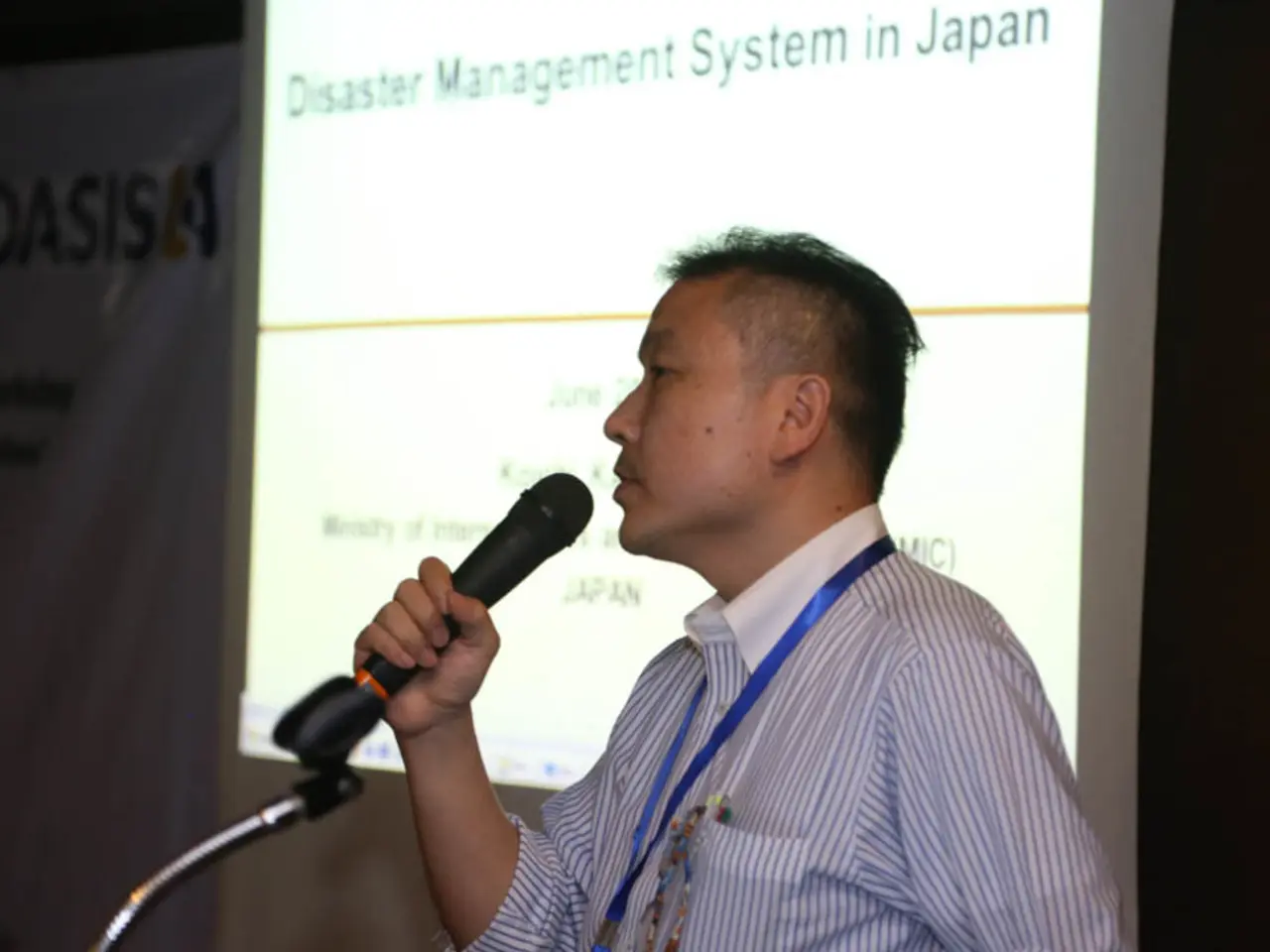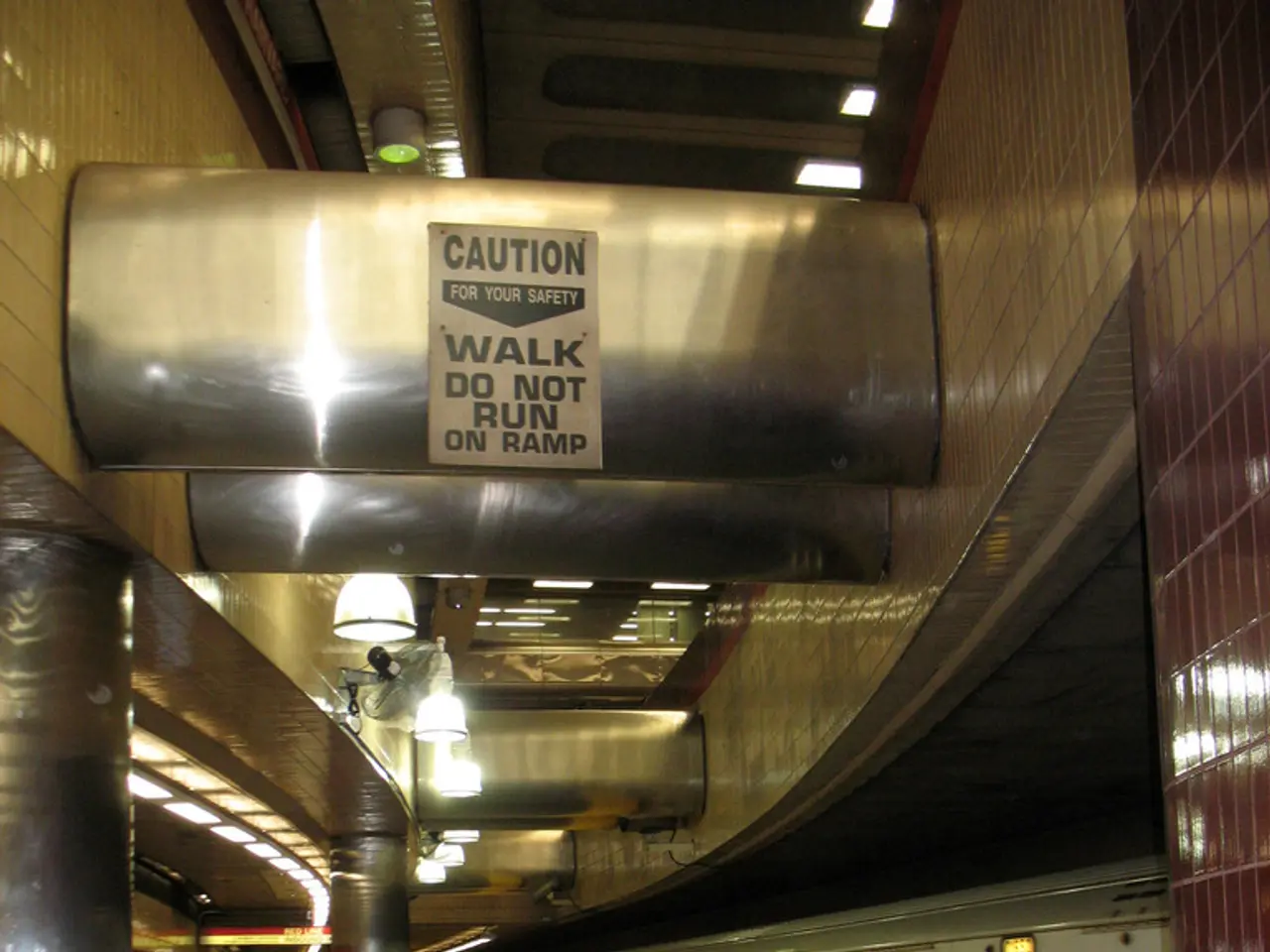Economy Remains Stagnant; President Lee Proposes Additional Budget to Revive It, Yet Calls for Long-Term Strategic Plan to Sustain Recovery
Newly-elected President Lee Jae-myung faces a tough economic landscape as he takes office in South Korea, with the country projected to experience growth of just 0.8% this year, according to the Bank of Korea. Small businesses, particularly those in the beauty industry, have taken a major hit due to weak domestic demand.
The aging population and low population growth in South Korea contribute to labor shortages and put pressure on social security systems, making it necessary for Lee to address these issues. The country's reliance on trade and international trade policies have also been a challenge, with increased tariffs and protectionism hurting export growth.
One solution that has been proposed is the implementation of a supplementary budget, which could boost domestic demand and support key industries such as construction. Fiscal policy adjustments, including targeted fiscal support for vulnerable sectors, may also be necessary to ensure a sustainable fiscal framework. In addition, labor market reforms, such as encouraging female and elderly labor market participation, could help mitigate workforce shortages.
Trade diversification and investment in emerging industries could also help South Korea reduce its dependence on a few major markets and become more resilient to trade shocks. Monetary policy adjustments, like the recent interest rate cut by the Bank of Korea, could help stimulate economic activity by reducing borrowing costs.
Lee Jae-myung will need to navigate these challenges carefully as he works to turn the South Korean economy around. By implementing a combination of the strategies mentioned above, he may be able to help stabilize the economy and set it on a path to recovery. [1][2][3][4]
- The newly-elected President Lee Jae-myung needs to address the issue of South Korea's aging population and low population growth that contribute to labor shortages and put pressure on social security systems.
- The country's reliance on trade and international trade policies have presented challenges, with increased tariffs and protectionism hurting export growth.
- One solution proposed is the implementation of a supplementary budget to boost domestic demand and support key industries such as construction.
- Labor market reforms, like encouraging female and elderly labor market participation, could help mitigate workforce shortages.
- Lee Jae-myung may also need to invest in emerging industries for trade diversification and ensure a sustainable fiscal framework through fiscal policy adjustments, including targeted fiscal support for vulnerable sectors.




